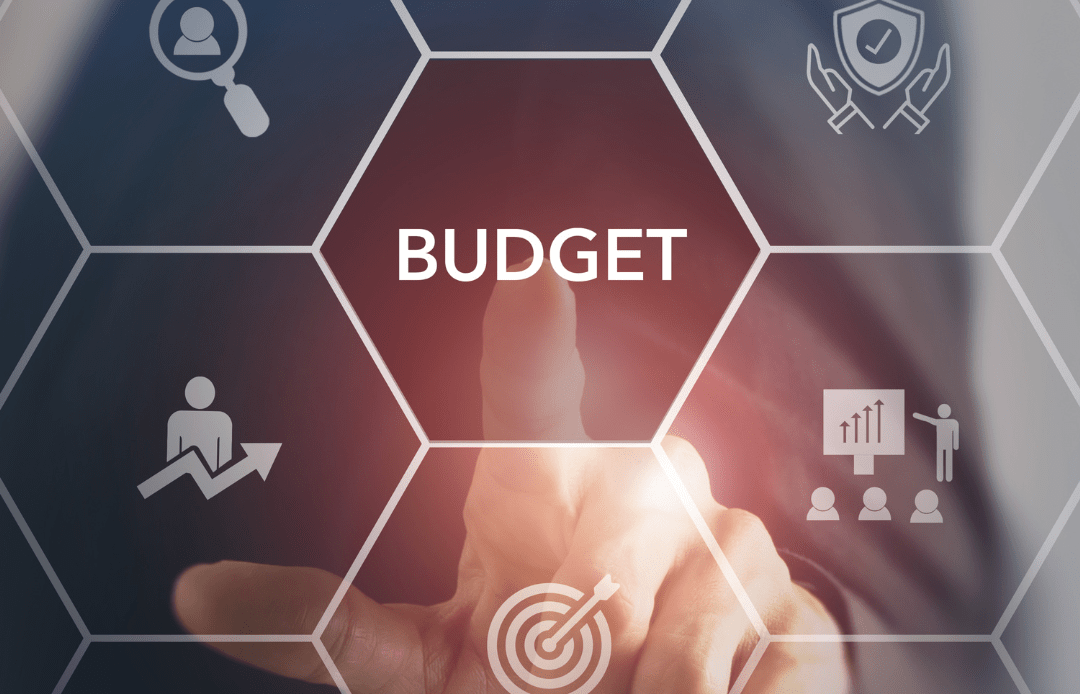Master Budgeting: How Small Savings Can Lead to Big Financial Gains
Budgeting effectively is crucial for achieving financial stability and peace of mind. By focusing on the small details, you can make significant strides towards your financial goals. Here’s how you can start saving the pennies and let the dollars take care of themselves.
First, track your spending. Understanding where your money goes is the foundation of budgeting. For a month, record every expense, no matter how small. This practice can reveal patterns and areas where you can cut back. There are many tools available, from budgeting apps to simple spreadsheets, that can make this task easier.
Next, set financial goals. Whether you’re saving for a down payment, paying off debt, or building an emergency fund, having clear objectives can keep you motivated. These goals will guide your budgeting decisions and help you stay on track.
Once you know where your money is going and what you’re aiming for, it’s time to create a budget. Allocate funds for necessities like rent, groceries, and utilities, and set limits for discretionary spending. Sticking to this plan requires discipline, but it’s essential for financial health.
Reducing unnecessary expenses is another key step. This might mean cooking at home more often, canceling unused subscriptions, or finding cheaper alternatives for your current services. These small changes can add up to significant savings over time.
A powerful strategy is to save before you spend. Set up automatic transfers to your savings account to ensure you’re prioritizing savings over discretionary spending. This approach makes it less tempting to dip into your savings for non-essential purchases.
Using coupons and discounts can also stretch your budget further. Whether for groceries or online shopping, these savings can accumulate over time, helping you keep more of your hard-earned money.
Planning your purchases can help avoid impulse buying. Make a shopping list and stick to it. This practice can prevent unnecessary expenses and help you stay within your budget.
Lastly, monitor your progress. Regularly review your budget and spending to ensure you’re staying on track. Adjustments may be necessary as your financial situation and goals evolve.
By implementing these budgeting tips, you can take control of your finances, ensuring that the pennies saved today will lead to dollars saved in the future.
Call us at 416-534-2777 to schedule a free consultation and start your journey towards a debt-free life.



